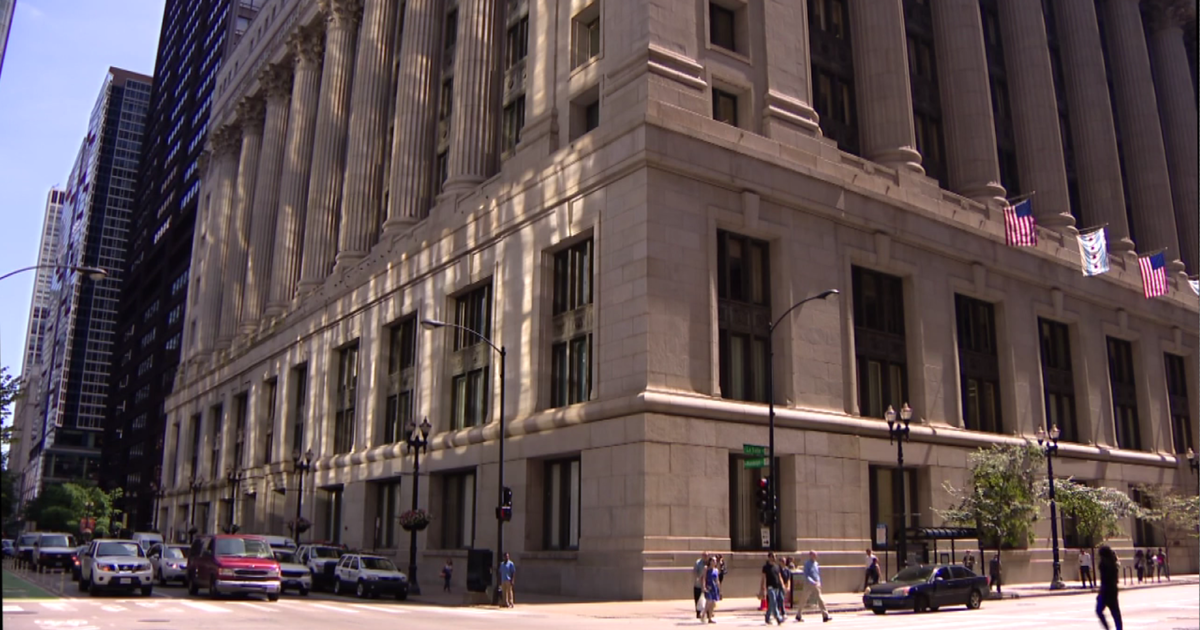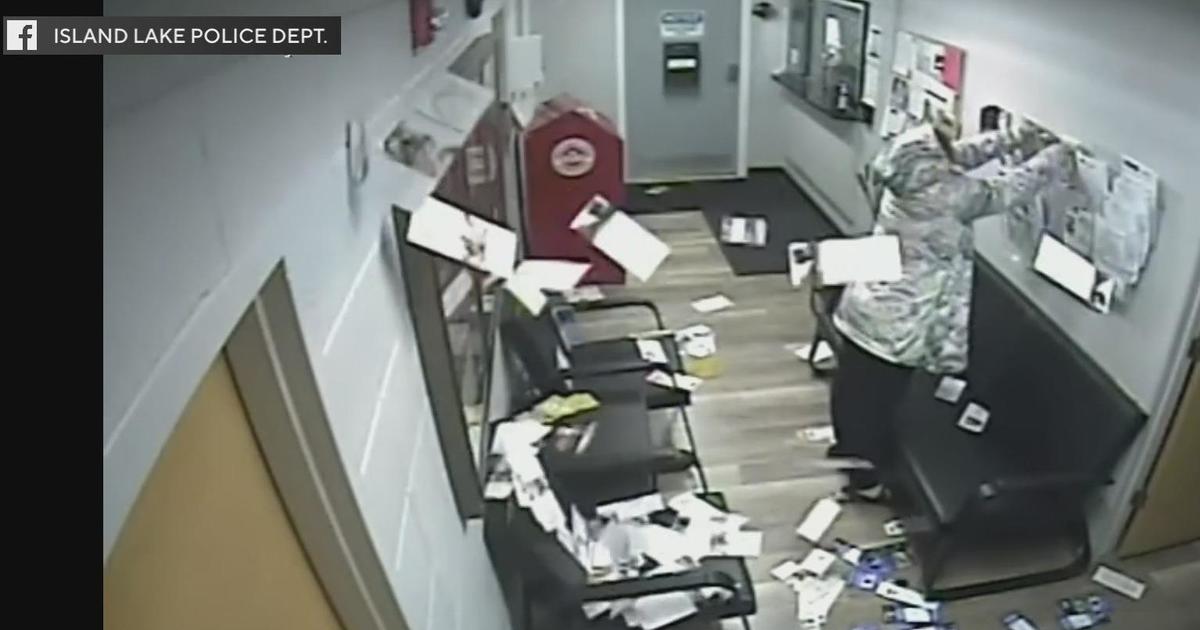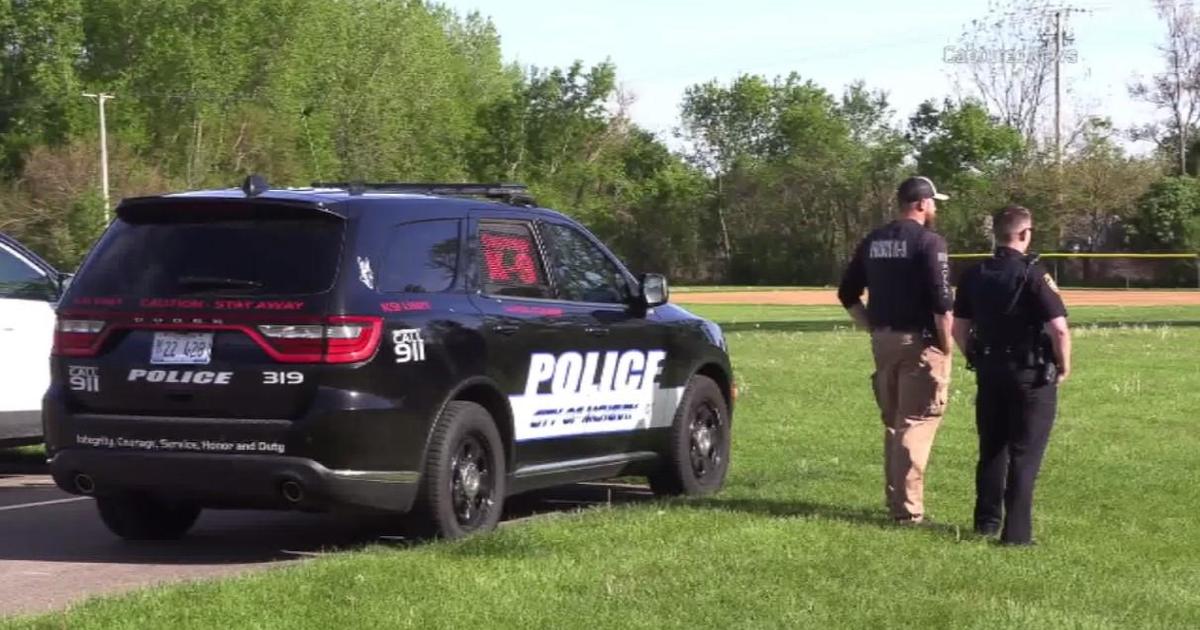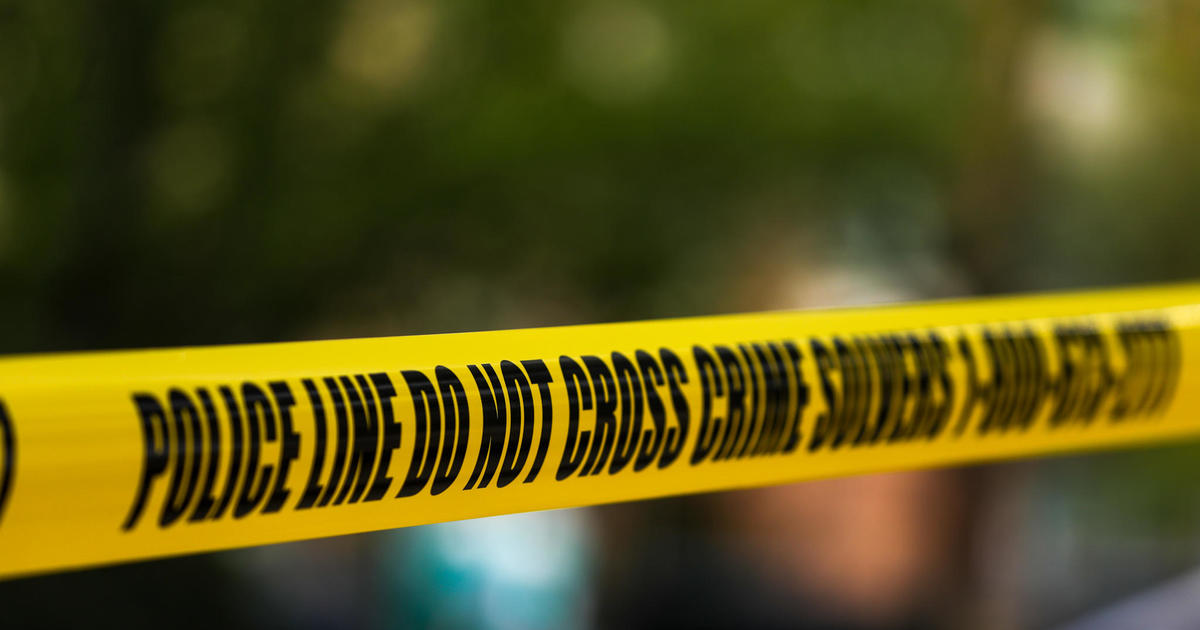Murder Of Laquan McDonald By Then-Officer Jason Van Dyke Led Directly To CPD Body Cam Policy, But Enforcement Of Policy Was Different Story
CHICAGO (CBS) -- The 2014 incident in which then-Chicago Police officer Jason Van Dyke shot and killed Laquan McDonald not only sparked national conversations about police shootings, but also changed Chicago policing forever.
As CBS 2 Investigator Dave Savini reported, this case really started the most massive demand for police reform in Chicago history. The Department of Justice followed with a scathing investigation revealing excessive force was rampant, rarely challenged, and mostly aimed at the Black and Latino population. The report led to a consent decree and mandated police reforms.
There was also a lack of transparency. The only camera to capture those 16 shots that killed Laquan McDonald at 40th Street and Pulaski Road on Oct. 20, 2014, was a dash cam from inside a police car. That dash camera video was kept under wraps until a judge ordered its release in late 2015.
One key change three years after McDonald's killing was the citywide implementation of body cameras to be worn by every patrol officer.
A new body camera policy was supposed to help bring about transparency, in an attempt to build back trust with the community. But what good is a policy if you don't enforce it?
CBS 2 uncovered records dating back to 2018. Chicago Police data revealed there were 345,000 cases in which police stopped someone to question them during what are called "investigatory stops." In 62,000 of those cases, we found police failed to use body cams as required.
We also could not find any case where an officer was ever disciplined for a body cam failure.
It wasn't until the CBS 2 investigators uncovered a disturbing pattern of wrong raids in Black and brown communities that we would learn there were numerous cases where police officers did not wear their body cameras, or failed to activate them properly.
There has not really been any discipline for officers who misuse body cameras. When we explored the data, we looked at random once-a-day body camera reviews that were supposed to be conducted in every police district – but we found repeatedly that those reviews did not happen.
A new search warrant policy also now requires every officer on a raid to have a body camera running. Body camera footage is now available for victims of police abuse, who no longer have to file a lawsuit and wait years to see footage – such as in the case of the raid on Anjanette Young three years ago in which she was handcuffed naked and terrified by officers who were in the wrong home.
We also learned there were hundreds of officers detailed to special units like the Narcotics Team, Gun Team, and Gang Team that were never issued body cameras.
Because of our investigations, all officers must wear them now.
However, one must wonder if we would even be talking about body cameras if the dash camera video of the Laquan McDonald shooting had not been uncovered and made public.
LEFT IN THE DARK: The Failed Promise of Chicago Police Body Cameras



